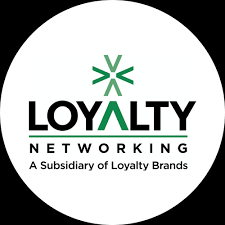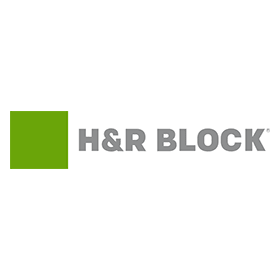Interview with John Hewitt, Franchise Pioneer
Through this Interview you will learn about business lessons from the founder of multiple 2,000+ unit franchise systems, John Hewitt.
Table of Contents:
Patrick Findaro, co-founder at Vetted Biz and Visa Franchise, sits down with John Hewitt, founder and CEO of Loyalty Brands. Known for his achievements in tax services franchising, Hewitt previously founded both Jackson Hewitt and Liberty Tax Service, each growing to over 2,000 locations and eventually becoming publicly traded companies. In this interview, Hewitt discusses his career in franchising, strategies for rapid growth, and his passion for the business services industry, with a special focus on tax services.
John Hewitt’s Journey into Franchising
Hewitt’s career in franchising began in 1969 when he took a tax course with H&R Block, eventually working his way up to managing 250 offices. In 1981, he and his father pioneered the use of computerized tax software, though initially facing resistance from H&R Block. After acquiring a local tax service, Hewitt transformed it into Jackson Hewitt, growing it significantly and eventually selling it for nearly half a billion dollars. Later, he launched Liberty Tax Service, which rapidly expanded to 4,000 locations and became one of the fastest-growing franchises.
“My journey started with a passion for tax services, and that initial love has driven every milestone since.”
Keys to Achieving Rapid Growth in Franchising
For franchise brands aiming to scale, Hewitt emphasizes the importance of hard work, perseverance, and delegation. He believes in empowering managers to lead their own teams and cautions against being overly controlling.
“Delegation is the key. A perfectionist mindset, especially in minor tasks, can be detrimental to overall growth.”
Hewitt highlights the need to find trusted managers who can handle their own teams, allowing for a structured hierarchy within the organization.
Service Industry Appeal and Tax Services in Particular
Hewitt has always been drawn to the tax services industry, largely because it combines his love for mathematics with the opportunity to help people. He compares tax services to dentistry, noting that many people view filing taxes with a similar apprehension, making it a rewarding business where clients are grateful for assistance.
“Service industries, especially tax services, allow you to provide real value to people, which has always motivated me.”
The service industry, especially business services, is appealing because it typically has lower startup costs and a lower failure rate compared to industries like food and beverage.
Why Franchising Over Corporate Expansion?
Hewitt initially grew Jackson Hewitt through corporate locations but quickly realized the limitations. He saw franchising as a way to accelerate growth and reach a wider market. Following H&R Block’s model, Hewitt found that franchising allowed him to expand faster than corporate-owned locations would have permitted.
“Franchising accelerates growth by leveraging the dedication of franchisees who are invested in the success of each location.”
For Hewitt, franchising provides a scalable model where franchisees bring their own passion and investment to the table, allowing for rapid and sustainable expansion.
Loyalty Brands: Building a Diverse Franchise Portfolio
Today, Hewitt leads Loyalty Brands, which includes nine different franchise concepts with a focus on business services. The company continues to grow, adding about one new brand each month with a goal of reaching 50 brands. Loyalty Brands enables aspiring franchise owners to enter various niches within business services, providing them with a proven system for success.
For more insights, watch the full interview with John Hewitt on Vetted Biz’s YouTube channel or explore articles about franchise opportunities in the business services industry on Vetted Biz’s website.




